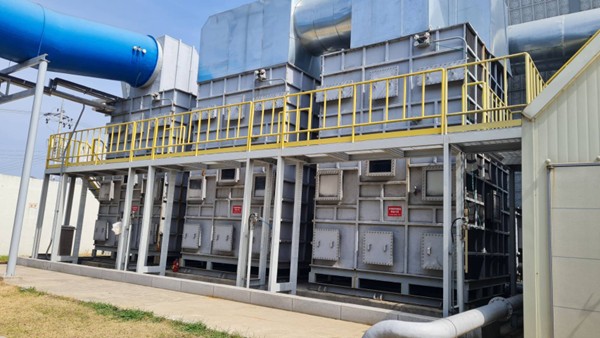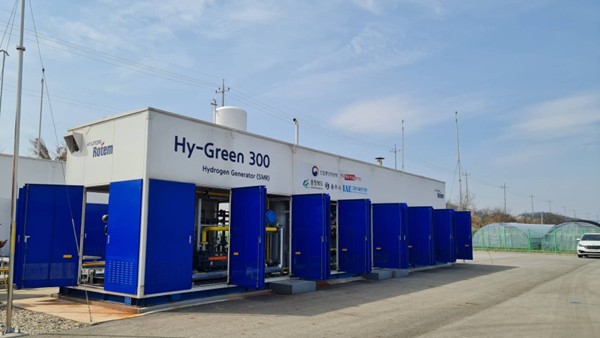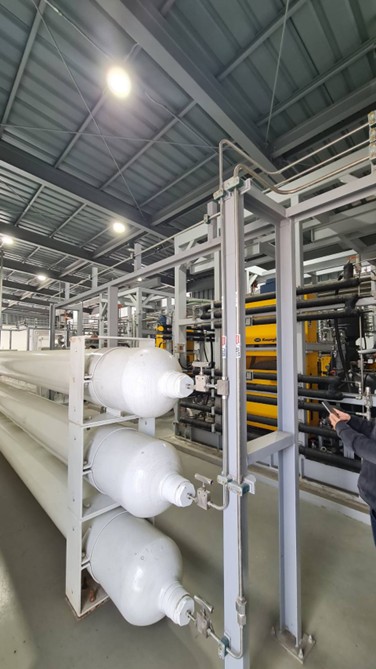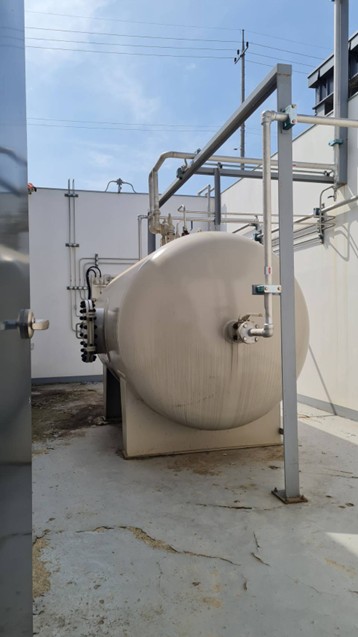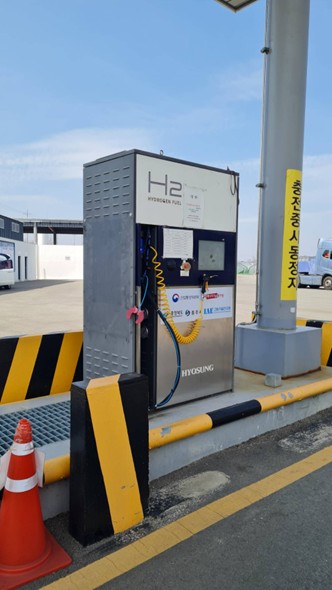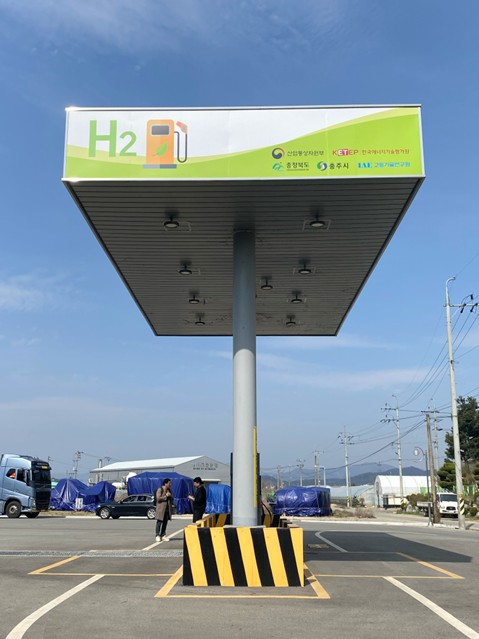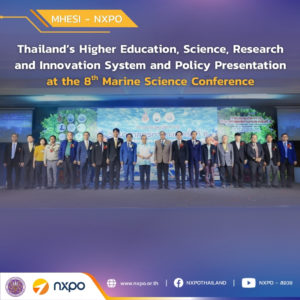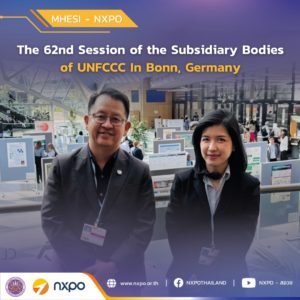NXPO and the National Institute of Green Technology (NIGT) of Korea formalized their cooperation on climate change through an MOU signing ceremony held on 2 April 2024. The collaboration aims to develop hydrogen production technology and coordinate related activities. This initiative stemmed from the “Development of the National Hydrogen Strategy and Action Plan for Accelerating Thailand’s Net-Zero Target” project, which received technical assistance from the Climate Technology Centre and Network (CTCN) in 2023, under the technology mechanism of the United Nations Framework Convention on Climate Change (UNFCCC).
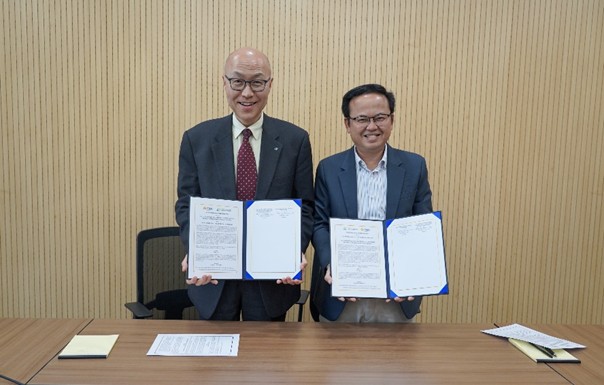
During the event, an information exchange session took place. Korea’s SK ecoplant company was invited to showcase its climate technology, including the SKEP biogas upgrading system which converts waste-derived biogas to renewable natural gas (RNG). This system represents the green hydrogen production technology currently supported by the Korean government.
NXPO presented its climate action initiatives carried out through its capacities as the National Designated Entity (NDE) for UNFCCC’s technology mechanism, as the policy body for national higher education and science, and as the secretariat of the National Higher Education, Science, Research and Innovation Policy Council. These initiatives include the Saraburi Sandbox, the Net Zero Campus, designing BCG indicators with the industry sector, developing water management innovations with the Hydro-Informatics Institute. Both NXPO and NIGT look forward to maximizing the benefits of this 2-year cooperation.
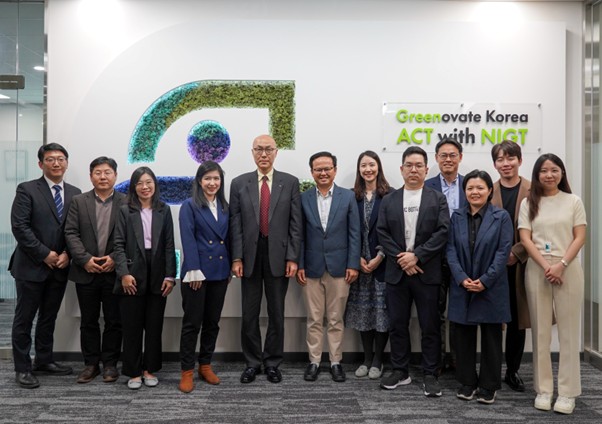
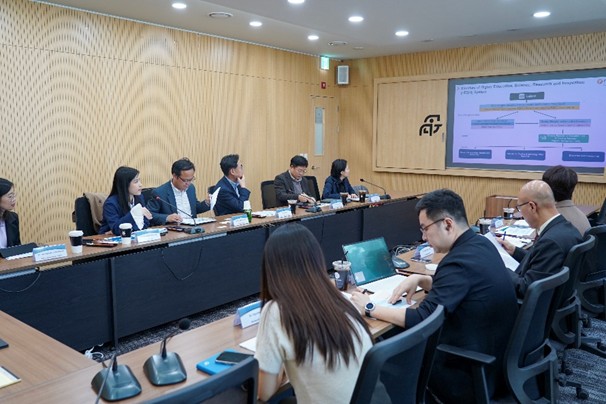
Following the MOU signing, NIGT organized a study tour for NXPO delegates to a pilot facility for the production and distribution of hydrogen fuel. The facility, which occupies an area of 7,200 square meters within the premises of the Chungju Food Waste Bioenergy Center, consists of two production components: biomethane gas and hydrogen fuel. Biomethane is generated from food waste in Chungju, with approximately 60 tons processed daily through anaerobic digestion. The produced biomethane is then converted into hydrogen through steam reforming, with a production capacity of 300 Nm3/h or 348 cubic meters per hour. The hydrogen gas is stored in high-pressure storage tanks before distribution to the hydrogen fueling station on the facility campus and other stations in Chungju. This facility can manufacture hydrogen fuel for over 65 passenger cars (FCEVs) and 2 public transportation vehicles daily. It demonstrates waste-to-energy technology, complete with waste treatment and recycling processes including wastewater treatment, odor treatment, and the utilization of collected carbon dioxide for greenhouse cultivation.
